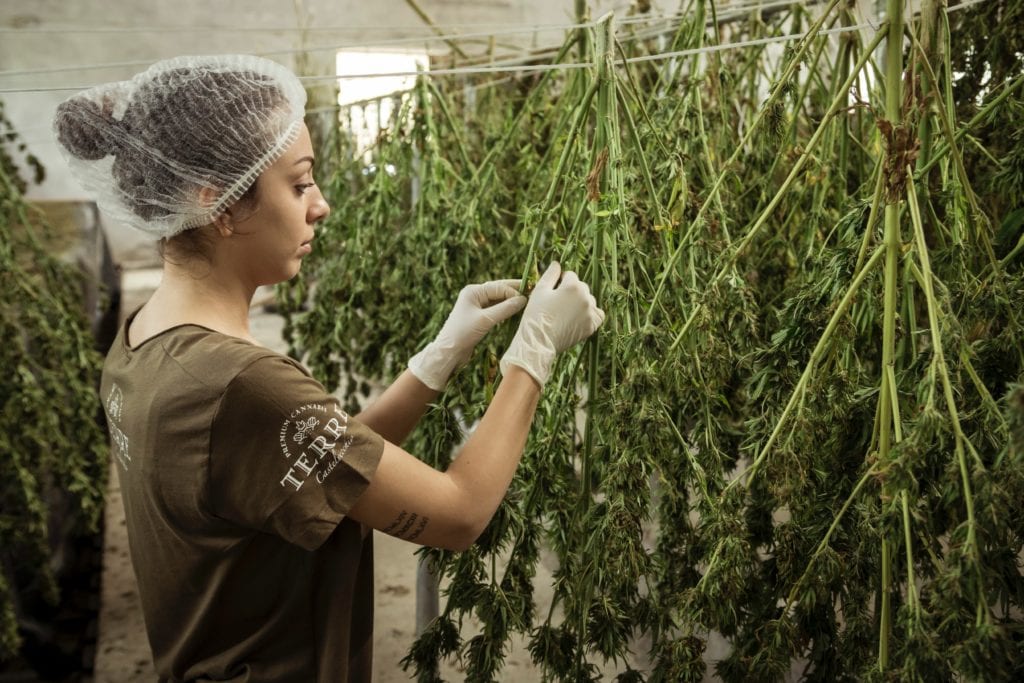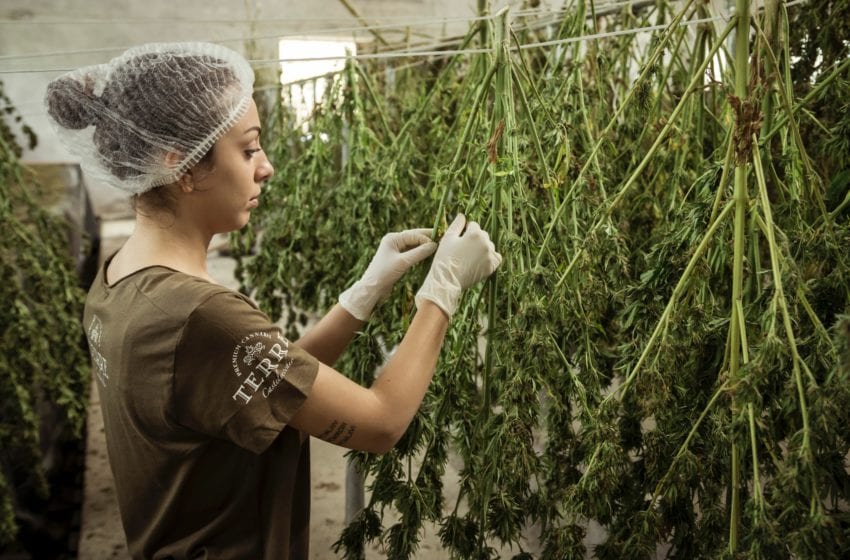
The economic turmoil cause by the global pandemic will force thousands of cannabidiol (CBD) businesses to close. According to cannabis research firm Brightfield Group, while many industry players will leave, the CBD market will remain flooded with some 1,500 brands jostling for market share, .
The top 20 over-the-counter CBD companies accounted for just 17 percent of the overall CBD market in early 2020, with some 3,000 other competitors crowding 77 percent of the market, the firm estimated in a report released last week.
The largest CBD producer, London’s GW Pharmaceuticals, makes prescription CBD medicines and accounted for the final 6 percent of U.S. CBD sales, according to Brightfield’s count.
The flooded market is a result of entrepreneurial enthusiasm for a booming trend with few established brands, according to an article in hempindustrydaily.com. Throughout 2019, the CBD market saw so many new CBD market participants that those earning less than $1 million in annual revenues occupy over 97 percent of the market, Brightfield concluded.
But the crowd of CBD companies is going to thin substantially in 2020, with COVID-19 driving a likely “extinction event” for half or more of those companies, said Bethany Gomez, managing director of the Florida-based research firm, according to the story.
“A lot of companies that were kind of dabbling in the category have found it to be unsustainable for them,” Gomez said. “A lot of brands that had tried this out, it’s not something that they’ve been able to turn a profit on.”
Not all new CBD startups are discouraged by the flood of competitors. For Jennifer Culpepper, who helped launch CBD skincare line i+i Botanicals in mid-2019, the market was already crowded.
“Our biggest challenge is to find our positioning and where we differentiate ourselves from other brands,” said Culpepper, who is based in Maryland. “How do you differentiate your CBD in a tincture?” she said. “We think of ourselves as a skin-care or self-care company that uses CBD as ingredient. That’s what sets us apart.”
The strategy is proven by Brightfield’s research, which notes that traditional CBD products – tinctures and gummies – are slipping in terms of market share. “The market is no longer entirely dominated by sufferers of extreme pain or epilepsy who must go to great lengths to attain product, nor primarily by cannabis consumers,” Brightfield reported.
Brightfield’s analysis did show some positive signs for CBD makers – notably that sales overall haven’t substantially slipped during the pandemic. The sector’s resilience is especially encouraging given national uncertainty about the economy and the level of unemployment enhancements the federal government stopped paying last week, Gomez said.

